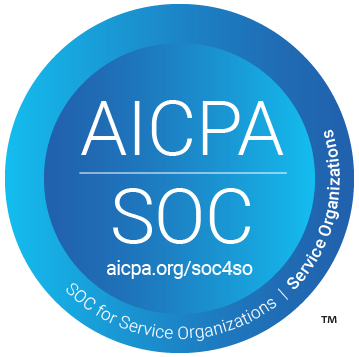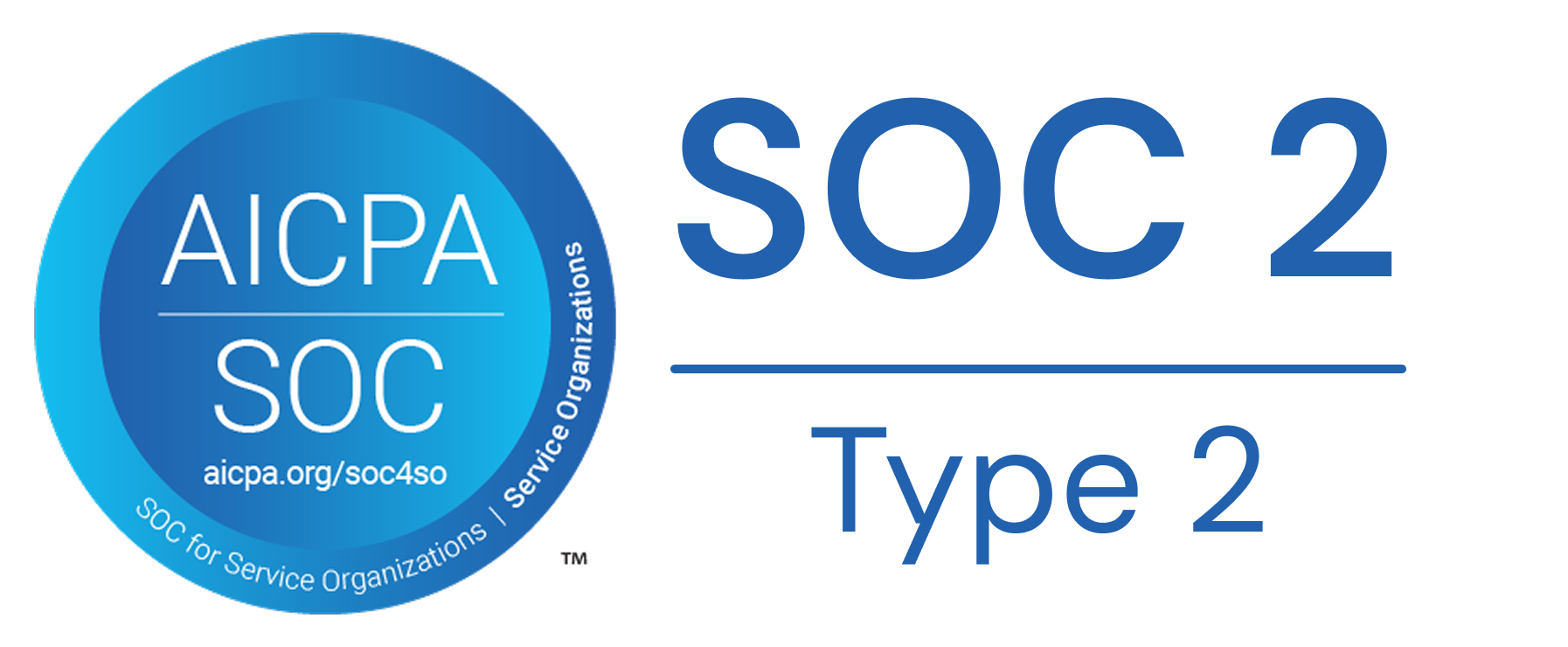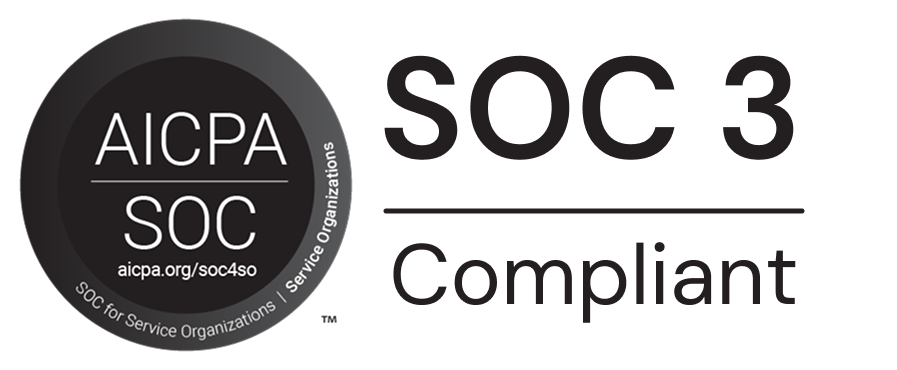Ready to bring your entrepreneurial dreams to the U.S.? Navigating the visa landscape can be tricky, but we've got you covered! Let’s dive into the exciting options available to find the perfect fit for your start-up journey. Whether you're eyeing a pathway to temporary stay, aiming for permanent residency, or both, there's a pathway tailored for you.
Temporary Immigration Pathways
Nonimmigrant or Parole Pathways
1. O-1 (Extraordinary Ability)
Perfect for: Individuals with extraordinary abilities
The O-1 visa is for individuals with extraordinary ability or achievement in fields such as sciences, arts, education, business, or athletics, allowing them to work in the U.S. temporarily.
Why Choose O-1? Ideal for top-tier talent across various fields seeking to make their mark in the U.S.
Entity Requirements: U.S. employer or agent must file the petition.
Role: Work must be in the area of extraordinary ability.
Duration: Up to 3 years, extendable in 1-year increments.
2. H-1B (Specialty Occupation)
Perfect for: Skilled professionals
The H-1B visa allows U.S. employers to hire foreign workers in specialty occupations that require theoretical or technical expertise in specialized fields such as IT, engineering, and finance. Each year, there are 85,000 H-1B visas available, and obtaining one requires entering a lottery due to high demand.
Why Choose H-1B? Suitable for start-ups needing to hire or retain specialized talent, with the possibility of transitioning to permanent residency.
Entity Requirements: Ownership interest allowed, but must be an employer-employee relationship.
Role: Job requiring specialized knowledge and a bachelor’s degree.
Duration: 3 years, extendable to 6 years, with potential extensions for those pursuing permanent residency.
3. F-1 OPT (Optional Practical Training)
Perfect for: Students launching start-ups
The F-1 OPT allows F-1 students to work in the U.S. for up to 12 months (12 months, plus 24 months for STEM students. In total 36 months.) in a field related to their area of study after completing their academic program.
Why Choose F-1 OPT? Offers recent graduates a pathway to gain practical experience and potentially transition to a long-term visa.
Entity Requirements: Start-up must be an E-Verify employer for STEM extensions.
Role: Work related to your field of study.
Duration: 12 months, plus 24 months for STEM students (total 36 months).
4. B-1 (Temporary Business Visitor)
Perfect for: Early-stage activities
The B-1 visa permits individuals to enter the U.S. for short-term business activities such as meetings, conferences, and negotiations.
Why Choose B-1? Ideal for entrepreneurs who need to lay the groundwork for their start-up without getting involved in daily operations.
Entity Requirements: Suitable for unestablished entities.
Role: Funding meetings, negotiating contracts, or attending meetings. No hands-on work allowed.
Duration: Up to 6 months, extendable to a maximum of 1 year per trip.
5. E-2 (Investors from Treaty Countries)
Perfect for: Investors with substantial capital
The E-2 visa allows nationals of treaty countries to enter the U.S. to invest in and manage a business in which they have invested a substantial amount of capital. See U.S. Department of State's Treaty Countries for a current list of countries with which the United States maintains a treaty of commerce and navigation.
Why Choose E-2? This visa is perfect for those ready to make a substantial investment and take an active role in their business.
Entity Requirements: Significant investment and at least 50% ownership.
Role: Develop and direct the enterprise.
Duration: Up to 2 years, extendable in 2-year increments indefinitely.
6. L-1A (Intracompany Transferee - New Office)
Perfect for: Managers and executives
The L-1A visa allows multinational companies to transfer an executive or manager to the U.S. to establish a new office for up to one year, with possible extensions. However there is less flexibility with changing jobs once in the U.S. It's important to note that L-1A visa holders cannot start a new job with a different employer on their L-1A visa and must obtain a different visa, like the H-1B, to switch jobs.
Why Choose L-1A? Great for international companies looking to expand into the U.S. and bring their key personnel along.
Entity Requirements: U.S. entity must have a qualifying relationship with the foreign employer.
Role: Executive or managerial duties.
Duration: 1 year for a new office, extendable up to 7 years.
7. International Entrepreneur Parole Rule (IEP)
Perfect for: Start-ups with rapid growth potential
The International Entrepreneur Parole Rule allows foreign entrepreneurs to stay in the U.S. to grow their startups if they meet specific criteria for significant public benefit through job creation, rapid growth, and investment. This program provides temporary residency for foreign entrepreneurs to develop their startups in the U.S. by granting them parole status rather than a traditional visa.
Why Choose IEP? It offers a unique chance for entrepreneurs to scale their innovative businesses in the vibrant U.S. market, provided they can demonstrate their potential for success.
Entity Requirements: Must be a U.S. business formed in the last 5 years with significant growth and job creation potential.
Role: Own at least 10% (initial parole) and be actively involved in operations.
Duration: 30 months, with a possible 30-month extension.
Permanent Immigration Pathways
Immigrant Pathways
1. EB-1A (Extraordinary Ability)
Perfect for: Top talents in any field
The EB-1A green card is for individuals with extraordinary ability in their field, allowing them to obtain U.S. permanent residency based on their achievements without requiring employer sponsorship.
Why Choose EB-1A? If you're a leader in your field with significant achievements, this visa offers a direct route to permanent residency. Additionally, the EB-1A typically has the fastest processing time among the three categories.
Entity Requirements: None required.
Role: Work in the area of extraordinary ability, benefiting the U.S. No job offer or labor certification needed.
2. EB-2 with National Interest Waiver (NIW)
Perfect for: Exceptional talents with national impact
The EB-2 with National Interest Waiver green card allows individuals with advanced degrees or exceptional abilities to obtain U.S. permanent residency without employer sponsorship if they can demonstrate that their work benefits the U.S. national interest. It is important to note that the EB-2 visa typically has a shorter queue than the EB-3 but longer than the EB-1.
Why Choose EB-2 NIW? This option is perfect for those whose work benefits the U.S. at a national level, providing more flexibility without needing an employer sponsor.
Entity Requirements: None required if NIW is granted.
Role: Work with substantial merit and national importance. No job offer or labor certification is needed if NIW is granted.
3. EB-5 (Immigrant Investor Program)
Perfect for: Significant investors
The EB-5 provides U.S. permanent residency to foreign investors who invest at least $1.05 million (or $800,000 in targeted employment areas) in a new commercial enterprise that creates or preserves at least 10 full-time jobs for U.S. workers.
Why Choose EB-5? If you have substantial funds and are ready to invest in the U.S. economy, this visa can lead to permanent residency.
Entity Requirements: Invest $1.05 million ($800,000 in certain areas) in a new commercial enterprise, creating at least 10 jobs.
Role: Day-to-day management or policy formulation. Requires significant capital investment and job creation.
Choosing the right visa is crucial to align with your business goals and immigration needs. Each pathway has its own unique benefits and requirements, so it's important to carefully consider what is best for your success in the U.S. Let’s make your start-up dream a reality!
Navigating the visa application process can be complex, but you don't have to do it alone. Casium is here to guide you through every step, from initial assessment to application submission. Ready to get started? Contact us today and take the first step toward your U.S. start-up adventure!









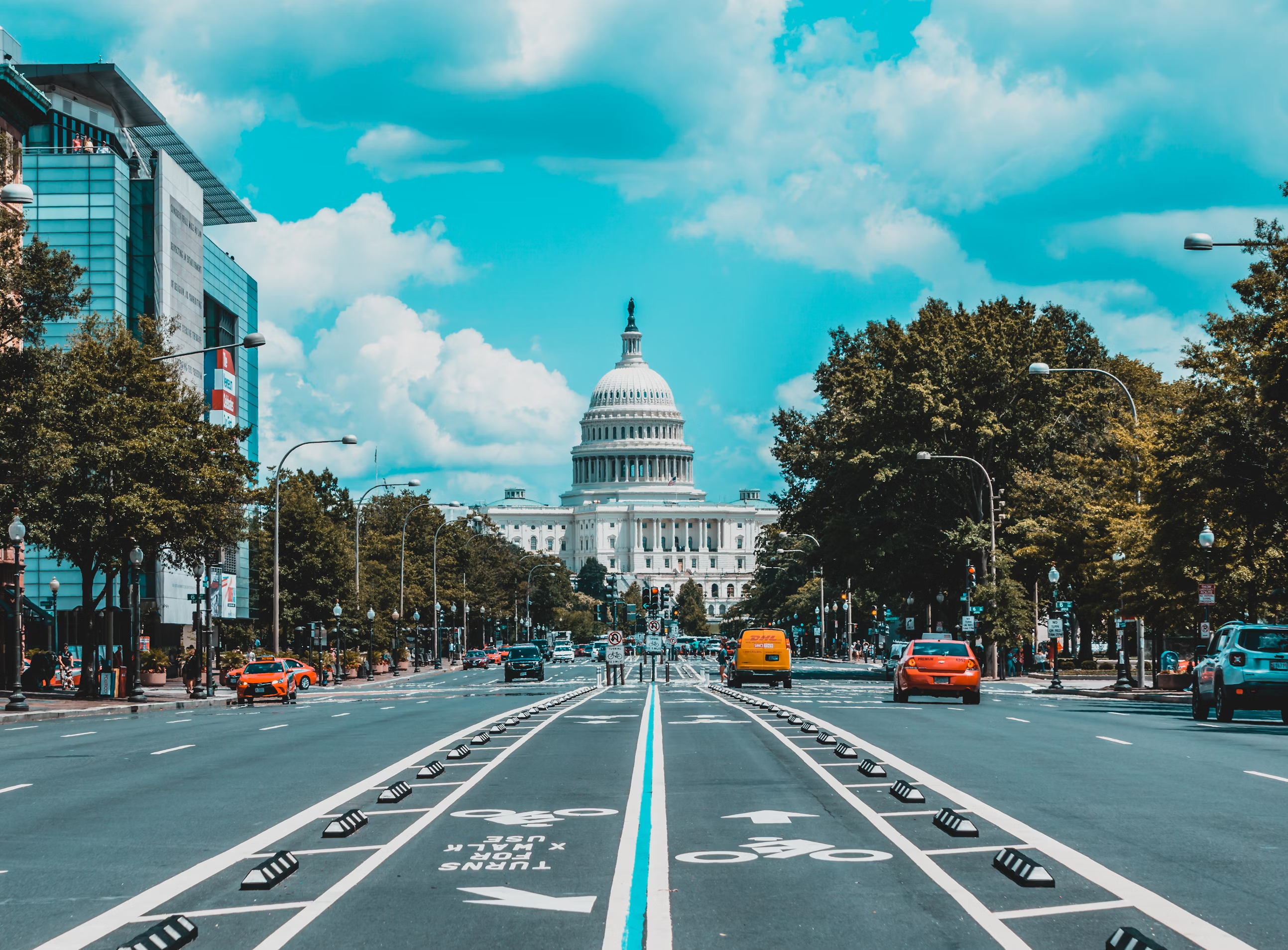


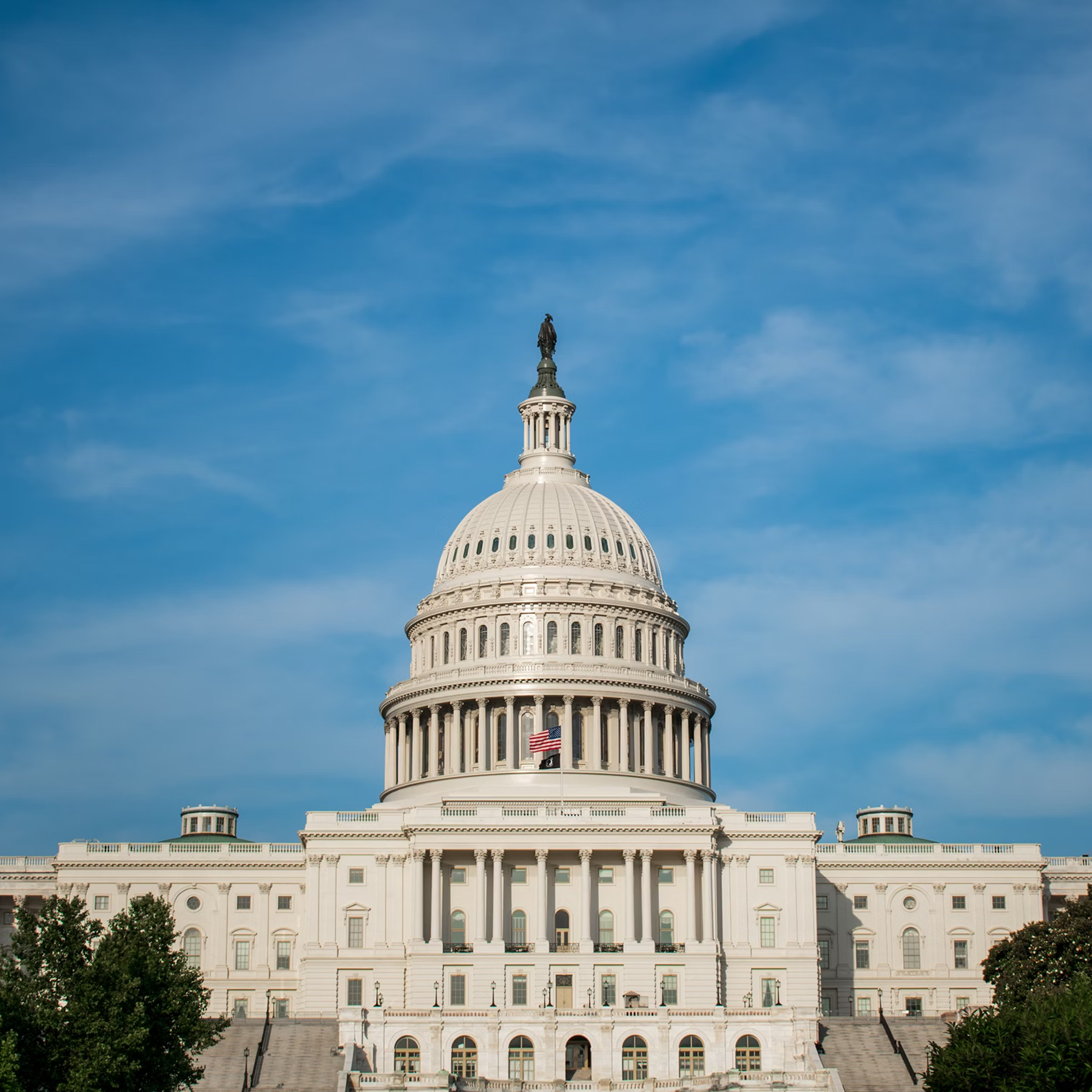


















.svg)
.svg)
.svg)





